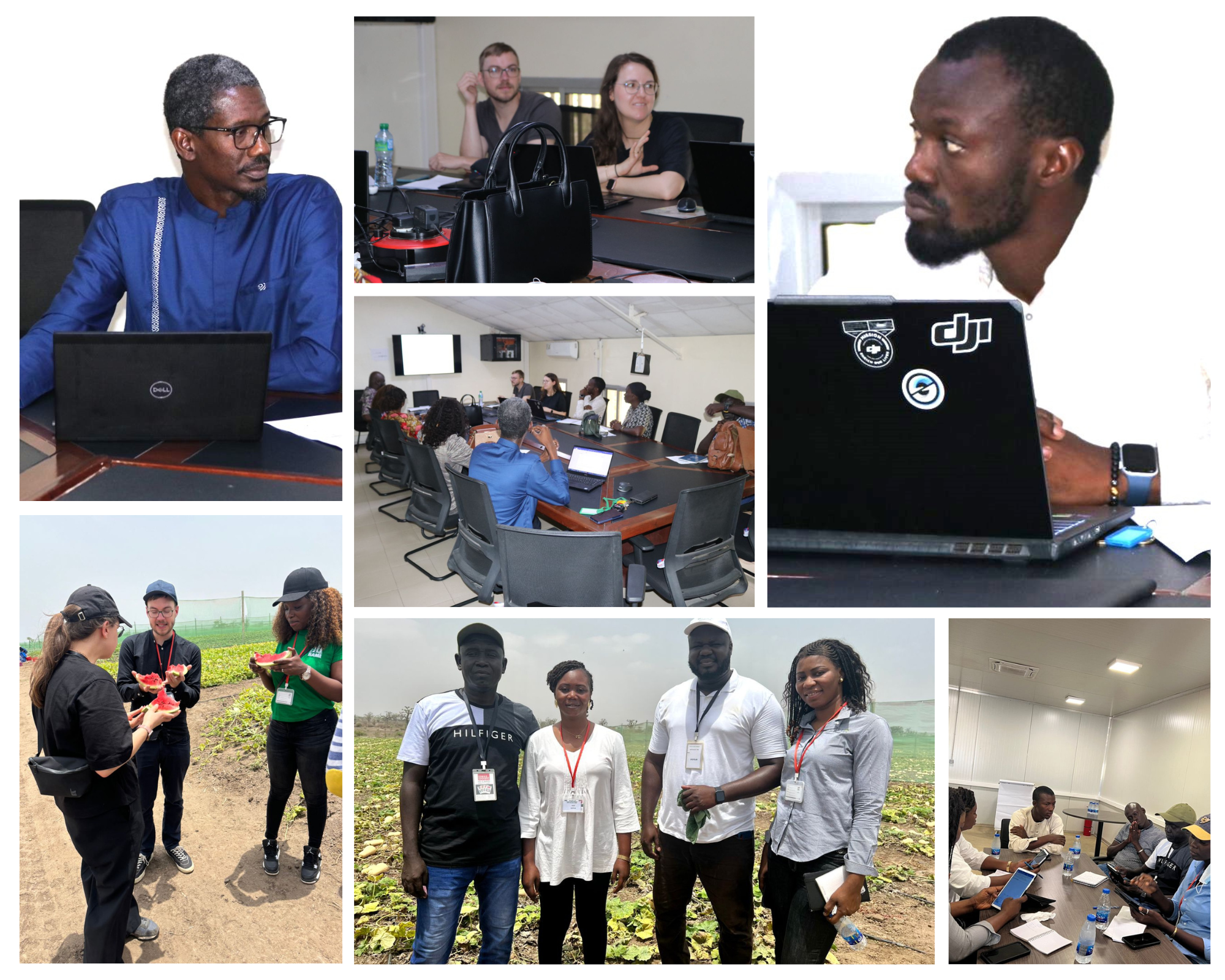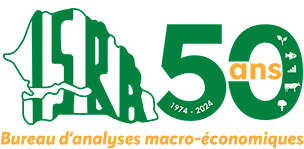Survey on Large-Scale Land Acquisitions in Senegal : Focus on Agricultural Jobs
Publié le 2 août 2024
For several decades, countries in West Africa, as well as other nations in the Global South, have been significantly affected by the phenomenon of large-scale land acquisitions. This trend arises within a context marked by numerous challenges that directly and indirectly influence the governance of natural resources and socio-economic organisations particularly in rural areas. While public policies are moving towards the liberalisation of local economies, the promotion and development of an agricultural sector led by private enterprises are reshaping the contours of the development model.
Four investigators were recruited and trained for over three days (two days training on the questionnaire and the third day reserved for testing the questionnaire in the field).The test was conducted in the commune of MontRolland (Thiès region) at the Quality Fruit Senegal (QFS) agro-industrial facility.
Current information on the general situation and individual farms, such as size, crops, production destination, as well as permanent and temporary labour, is outdated, scarce, or inaccessible. Yet, this data is crucial for guiding public policies, especially in terms of managing natural resources, particularly land.

The primary objective of this study is to conduct in-depth qualitative surveys to collect data on the employment impacts and the Characterization of large-scale agricultural investments, of 35 LSLA in Senegal, in production situation and additional data on other ATGE currently in production or abandoned. The study aims to evaluate the gender-specific dimension of these impacts, highlighting differences between men and women in terms of employment access, working conditions, remuneration, and other employment-related aspects in the agricultural sector.
The methodology of this study will rely on a mixed approach combining spatial mapping techniques, remote sensing, and Geographic Information Systems (GIS),
This approach will be based on the experience gained in Senegal regarding data collection. However, it will be adapted to address the specific challenges and orientations of GIGA, thus allowing the integration of relevant indicators in this pilot operation.
At the end of the surveys and data analysis, a results dissemination workshop will be organised. This event will bring together a wide range of stakeholders, including government representatives, civil society organisations, private sector actors, and local communities to present and discuss the results of study, as well as the implications for future policies and practices in the field of agricultural investments in Senegal.

